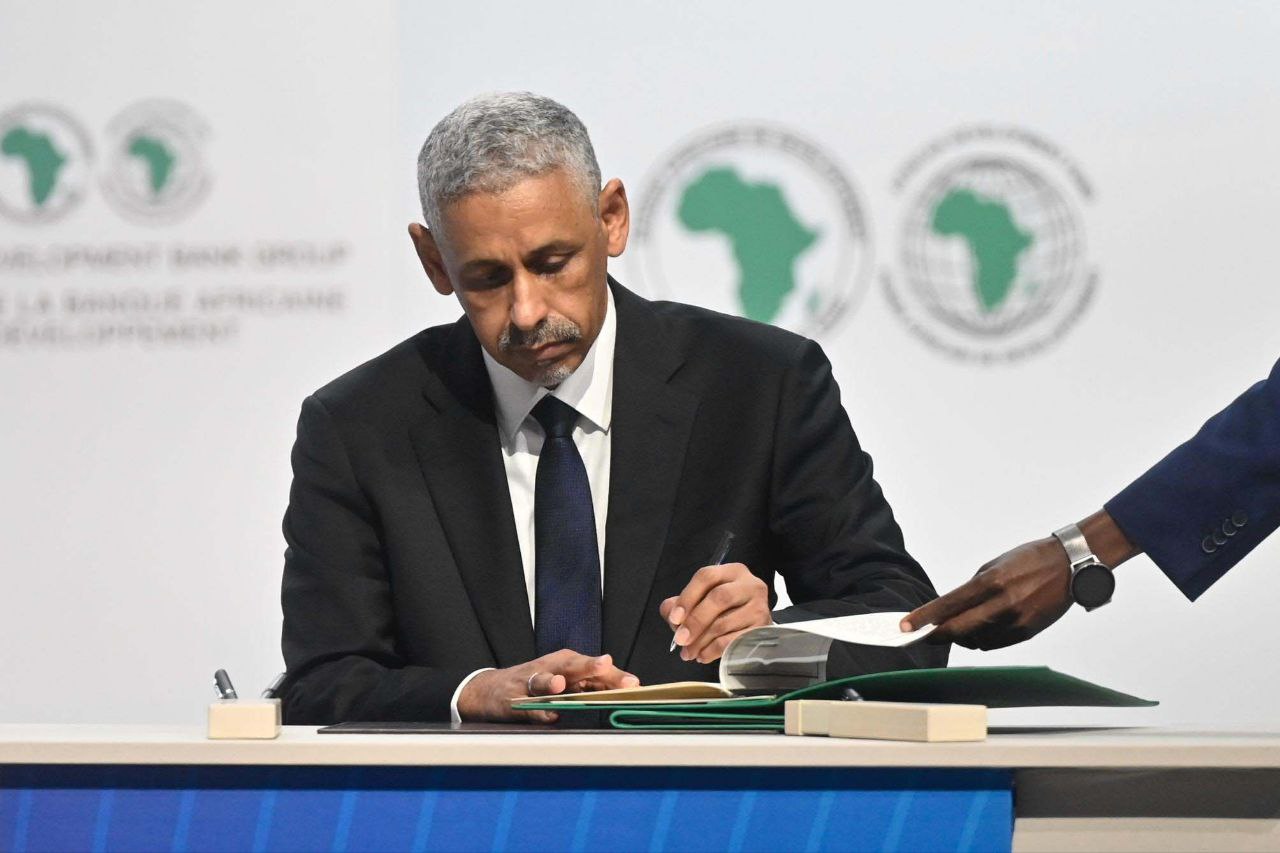Ethiopia Bets on Tech to Capture Remittances, Curb Parallel Market Undercuts
BaseLine Team
27 Aug, 2025

Ethiopia is banking on a newly launched Digital Remittance Ecosystem to draw more hard currency into official channels, lower transfer costs, and reduce dependence on informal money networks.
Dashen Bank, in partnership with EagleLion System Technologies, has rolled out three new services — Gift-Ethiopia, Agent-Based Remittance, and API Remittance — aimed at widening options for the diaspora.
Gift-Ethiopia allows diaspora users to send cash, gift cards, or directly purchase goods such as livestock, holiday items, and other essentials for relatives in Ethiopia.
The Agent-Based Remittance service enables licensed agents to pre-fund Dashen accounts to facilitate international transfers, creating a cost-effective and efficient channel for recipients.
The API Remittance platform provides a single integration point for Money Transfer Operators and Remittance Service Providers, streamlining bank connections and supporting interoperability across Ethiopia’s commercial banks.
Authorities say the platforms will enable real-time transfers, bolster regulatory oversight, and expand access, with National Bank of Ethiopia Governor Mamo Mihretu framing them as tools to strengthen security and compliance.
But trust is precisely where the challenge lies. The parallel foreign exchange market continues to offer higher rates than formal banks, leaving many reluctant to switch. Despite recent macroeconomic reforms aimed at narrowing the gap, the divergence persists. Experts note that the new app needs to deal with the real human dimension of remittances.
Remittances are one of Ethiopia’s biggest foreign exchange lifelines, often surpassing traditional exports such as gold and coffee. According to Ethiopian Diaspora Service Director Fitsum Arega, inflows reached $5.1 billion in the nine months of the past fiscal year, up from $4.4 billion a year earlier. Yet Fitsum himself noted that “more work remains” to capture the true potential of diaspora flows.
By digitizing transfers, the government hopes to make it harder for money to leak into informal channels and easier for regulators to monitor inflows. The system also aims to improve interoperability among banks and fintechs, potentially widening access for millions of Ethiopians abroad.
The initiative was unveiled yesterday at Sheraton Addis in the presence of senior officials including National Bank Governor Mamo Mihretu, Dashen Bank President Asfaw Alemu, Commercial Bank of Ethiopia President Abie Sano, alongside executives from other banks and technology firms.
Whether the new digital ecosystem can win public trust and outcompete the black-market premium, however, remains the real test.








